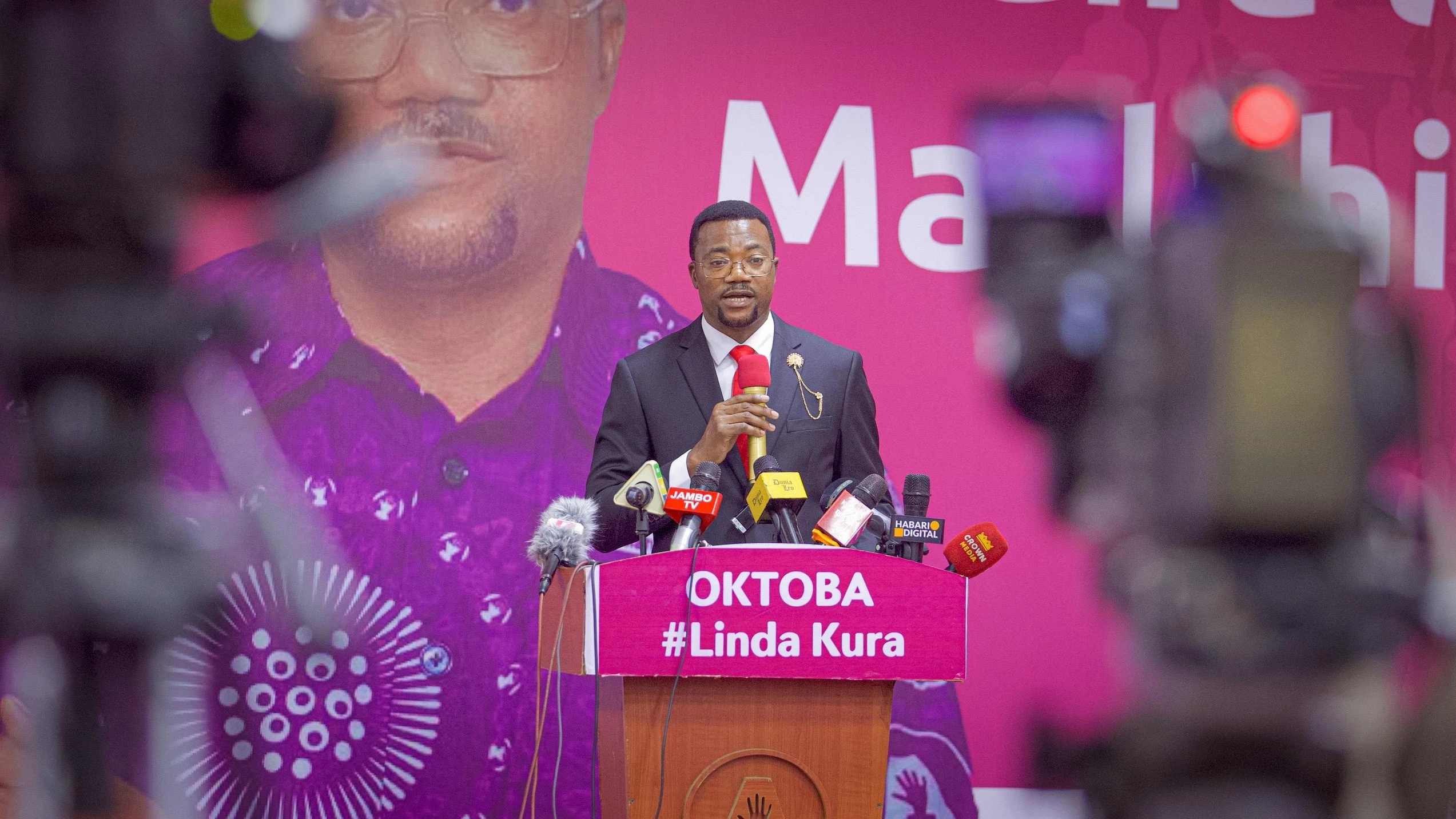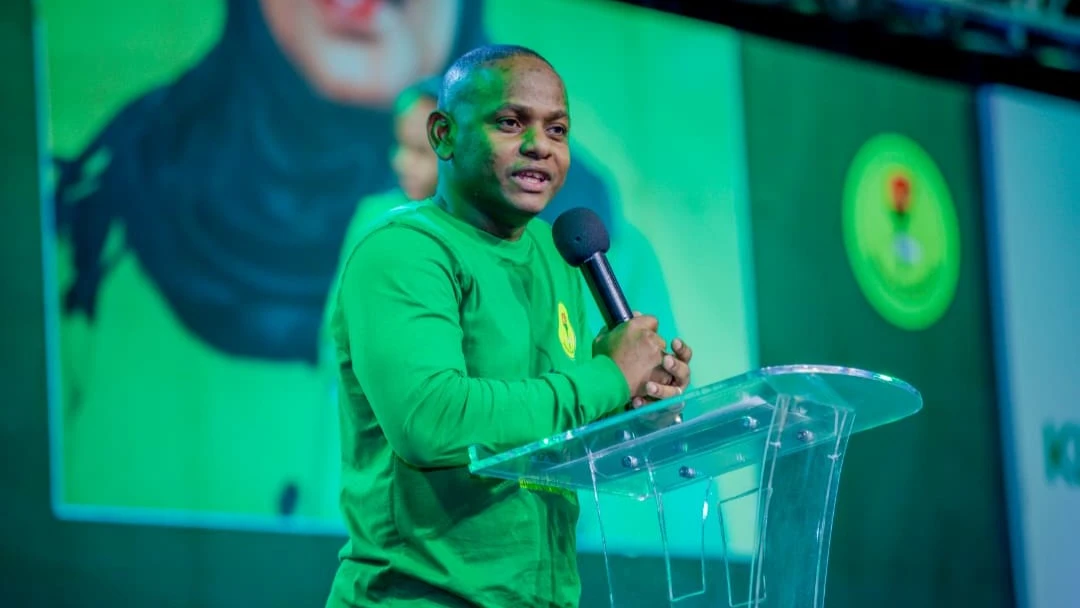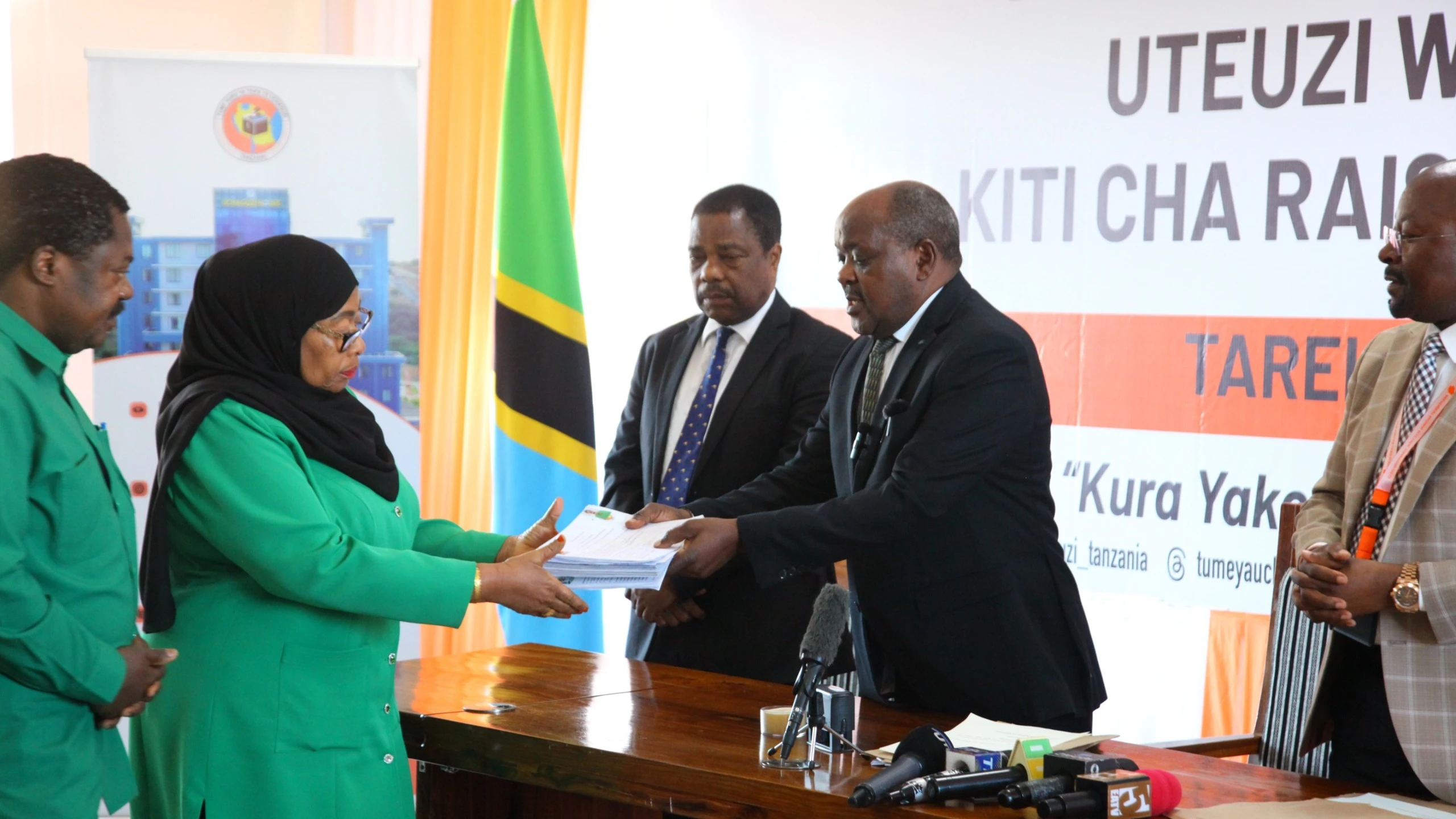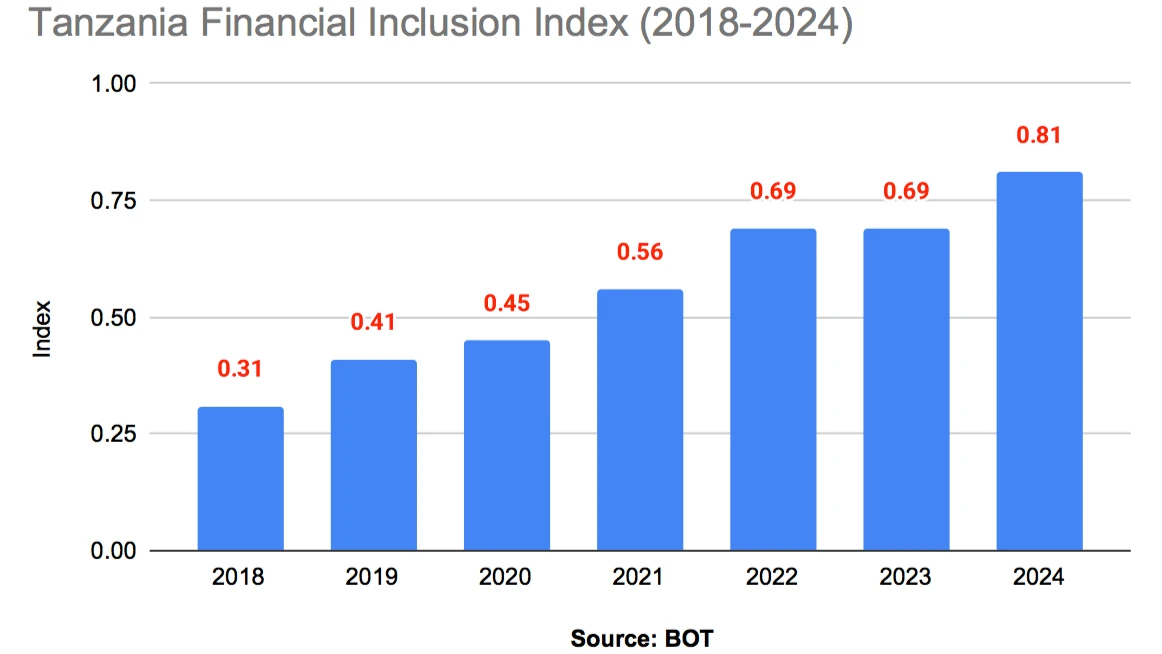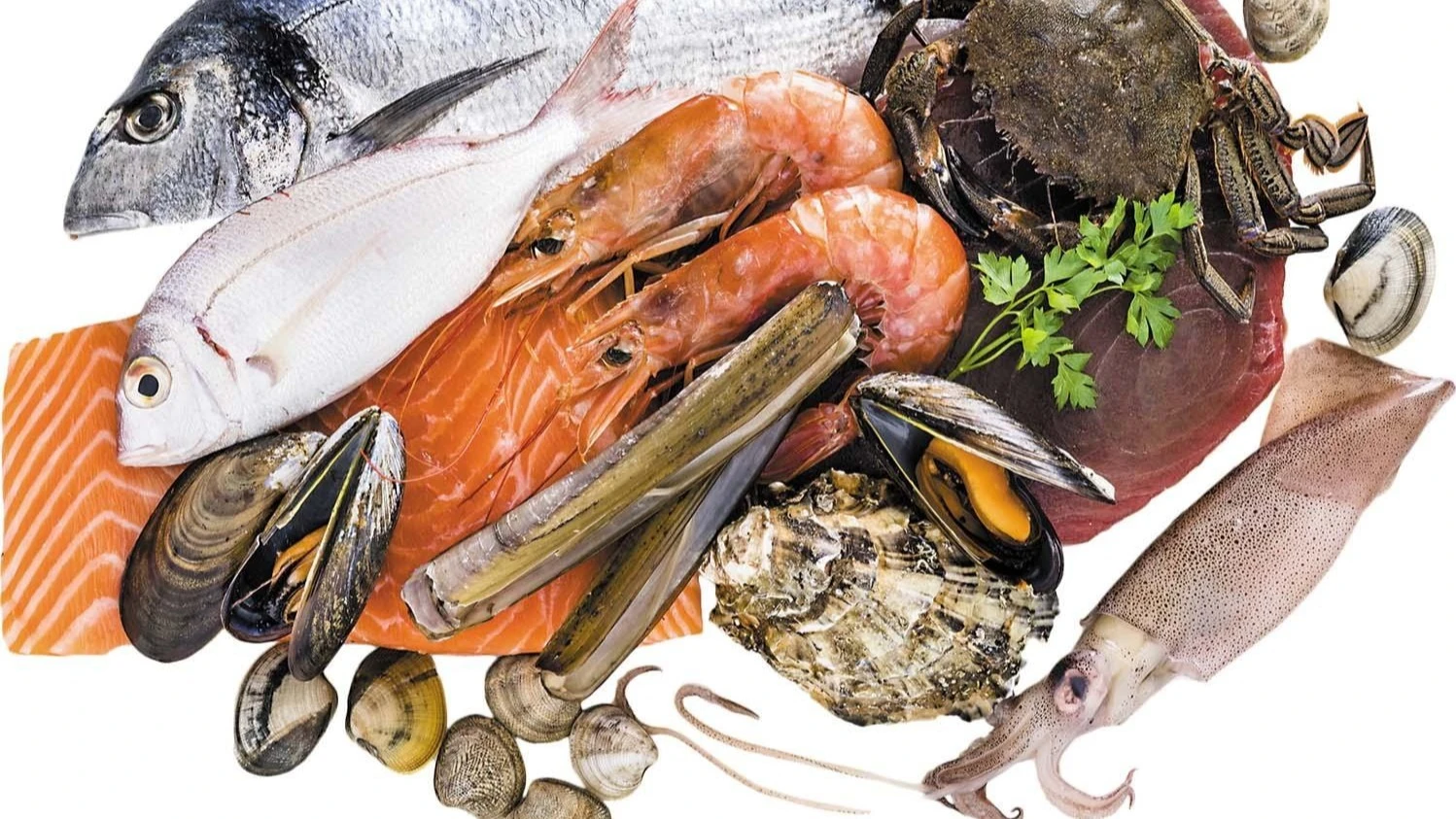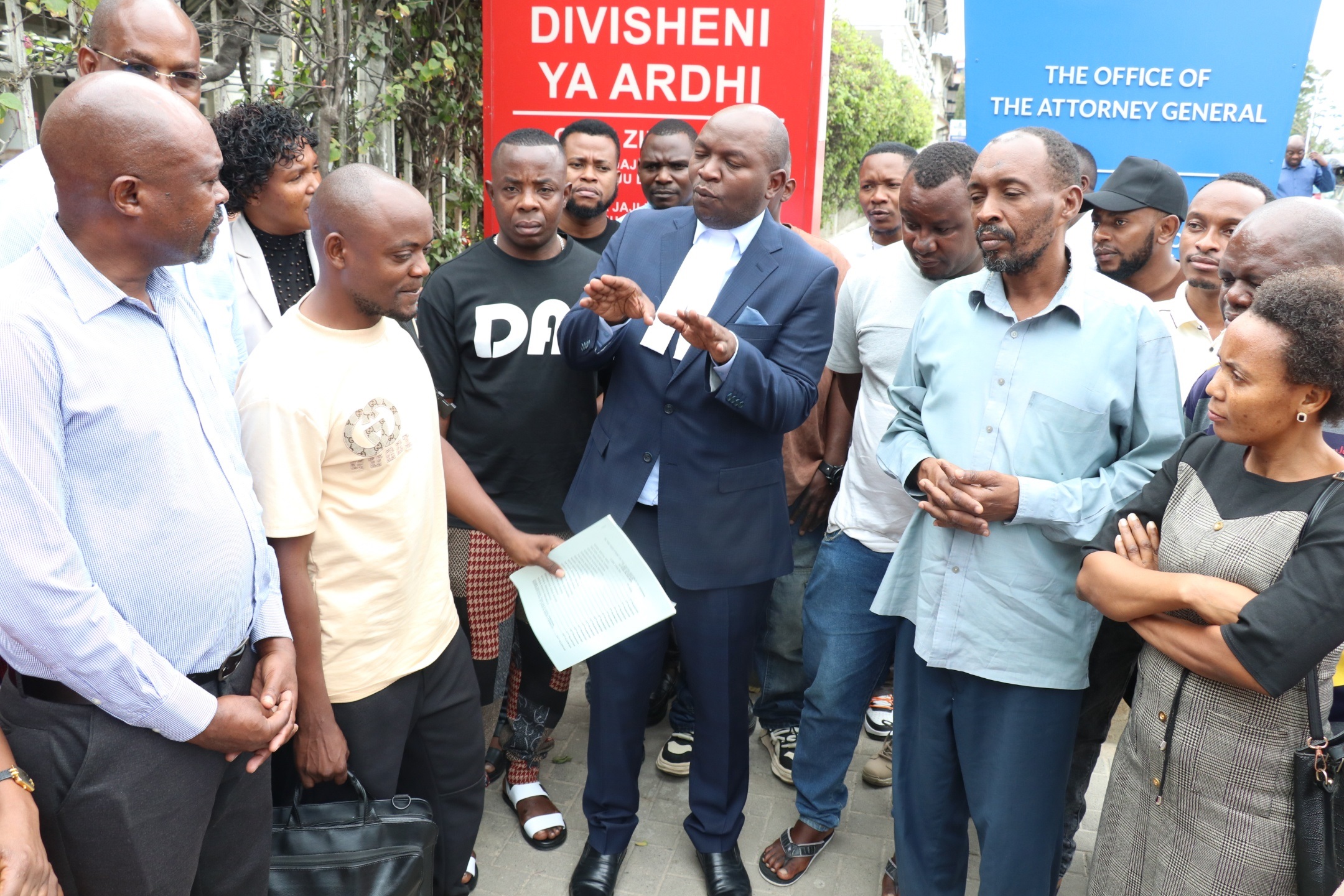From tradition to transformation: Young Maasai fathers in Engaruka are redefining parenthood
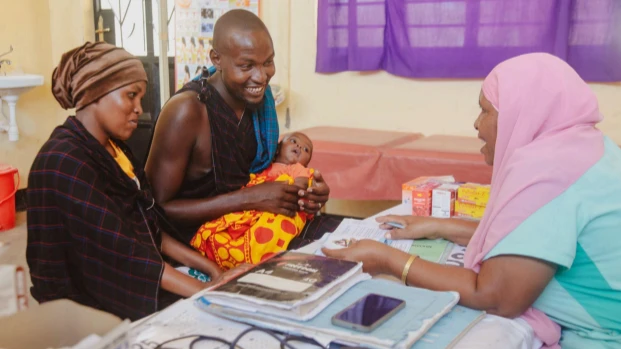
PARENTHOOD wasn’t new to Kilole Namainge, but what he heard during a parenting class organized by the Mzazi Hodari project in Engaruka Ward felt entirely unfamiliar.
At just 25, and already a father of two, Kilole had stepped away from his pregnant wife, Joyce, in line with a cultural belief that men should not share a bed with expectant partners.
But on that day, as he sat among ten other young Maasai fathers, listening to Ombeni—a 20-year-old Mzazi Hodari alumnus and trainer from the same community—Kilole felt a mix of curiosity and resistance. Ombeni spoke confidently about responsive parenting, urging his peers to challenge harmful myths. He explained the importance of a child’s first 1,000 days, when the brain, body, and immune system develop at a remarkable pace.
“Fathers have a role to play even before birth,” Ombeni reminded them. “Your voice matters. Your presence matters.”
Kilole’s thoughts raced. What if he was right? What would people say if I changed?
That evening, when Kilole returned home, Joyce—who had also been attending Mzazi Hodari classes for women—asked him to return to their bed. He hesitated but quietly decided to try.
“At first, I didn’t fully believe it,” Kilole recalls. “But I started spending more time with my wife, talking to our unborn child, and paying attention to what we ate. Things began to feel different.”
A transformation begins
What followed was a transformation no one expected—not even Kilole himself.
He began helping around the house, bonding with his toddlers, and accompanying Joyce to her monthly clinic visits. The first time he nervously walked into the health centre, unsure of how he would be received, he was met with smiles, pats on the back, and mothers stepping aside to allow Joyce to move ahead in line.
“That day changed me,” Kilole says. “I’ve gone to every clinic appointment since.”
The lessons from Mzazi Hodari didn’t just strengthen his affection—they sparked action. For the first time, he understood how crucial exclusive breastfeeding is during the first six months. He learned how to prepare balanced meals and discovered how responsive parenting could unlock his children’s full potential.
“No more one-meal days, no more waiting for a cow to die before eating meat,” he says, shaking his head. “I can’t believe we used to live that way.”
Stronger families, brighter futures
His relationship with Joyce blossomed, and so did his bond with their children—Ndidayo (3½ years), Sinyati (1½ years), and their newborn, Papakinyi. He now sets aside time each day for laughter, play, chores, and conversation. A man who once disappeared for months at a time now misses his family if he’s away even for a few days.
And it didn’t stop at home.
With renewed confidence, Kilole began sharing the lessons with others. He started a community-driven initiative where each member contributed a young goat. Together, they raised and fattened the herd, later selling them for profit to ensure their families had access to nutritious meals and better financial security.
Alongside Joyce, he also grew vegetables, raised poultry, and opened a solar-powered barbershop. “When we started making decisions together, everything changed,” he says.
At first, some peers mocked him, claiming he had been manipulated by his wife. But Kilole stood firm.
“Now they see the results: healthy children, peace at home, and better finances,” he says. “They’ve stopped laughing.”
From learner to role model
Ombeni, the young peer trainer who first inspired Kilole, remains moved by his journey.
“He’s a role model now,” Ombeni says. “What he’s done takes real courage.”
As for Kilole, he feels this is only the beginning.
“I wish I could reach the whole community,” he says. “We need more champions. More fathers are stepping up. More families are thriving.”
The myths are crumbling. The future is shifting. And in Engaruka Ward, fathers like Kilole aren’t just embracing change—they’re leading it.
Next steps
Yet, for every Kilole, hundreds of young parents still lack access to the life-changing knowledge that could transform their families.
With the right investment, the Mzazi Hodari model could expand to reach more communities, close the gap, and ensure that no child misses out on the care and nutrition they deserve from both parents.
The change has begun. Now is the time to take it further.
Top Headlines
© 2025 IPPMEDIA.COM. ALL RIGHTS RESERVED













